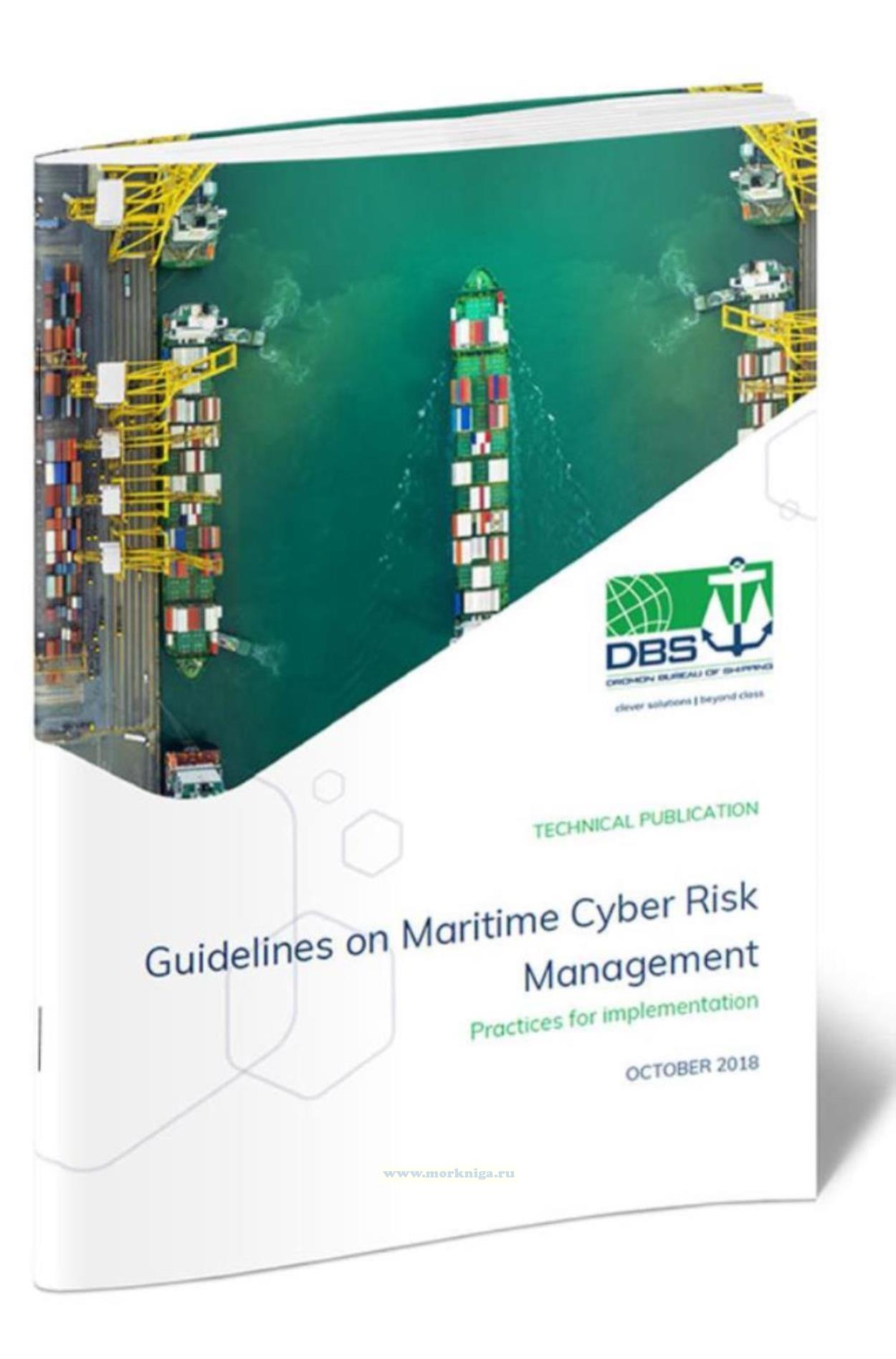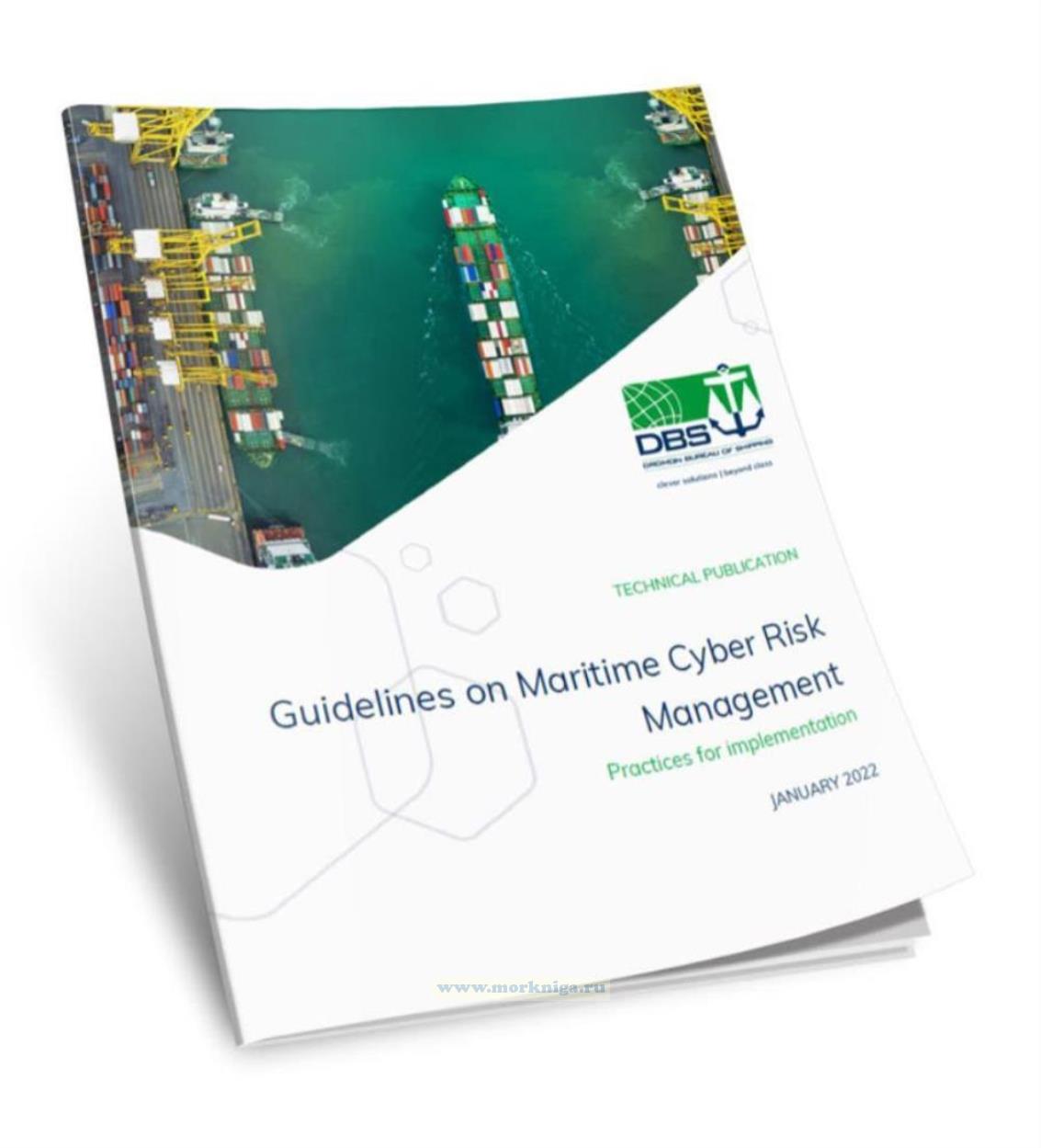Сб с 10 до 16
Guidelines on Maritime Cyber Risk Management/Руководство по управлению киберрисками в морской сфере
Книги на английском языке
Издание 2018 года
Cybertechnologies have become essential to the operation and management of numerous systems critical to the safety and security of shipping and protection of the marine environment. Risk management is fundamental to safe and secure shipping operations. Risk management has traditionally been focused on operations in the physical domain, but greater reliance on digitization, integration, automation and network-based systems has created an increasing need for cyber risk management in the shipping industry.
The Facilitation Committee and the Maritime Safety Committee, having considered the urgent need to raise awareness on cyber risk threats and vulnerabilities, approved the Guidelines on maritime cyber risk management, as per MSC-FAL.1/Circ.3. The recommended Guidelines provide high-level recommendations for maritime cyber risk management. For the purpose of the Guidelines, maritime cyber risk refers to a measure of the extent to which a technology asset is threatened by a potential circumstance or event, which may result in shipping-related operational, safety or security failures as a consequence of information or systems being corrupted, lost or compromised.
Predicated on the goal of supporting safe and secure shipping, which is operationally resilient to cyber risks, the Guidelines provide recommendations that can be incorporated into existing risk management processes.
Content
Introduction
Background
Basic terms
A real example
IMO guidelines
Practices for implementation
Bibliography
Издание 2022 года
Effective cyber risk management should also consider safety and security impacts resulting from the exposure or exploitation of vulnerabilities in information technology systems.
This could result from inappropriate connection to operational technology systems or from procedural lapses by operational personnel or third parties, which may compromise these systems (e.g. inappropriate use of removable media such as a memory stick).
These rapidly changing technologies and threats make it difficult to address these risks only through technical standards. As such, this Publication recommends a risk management approach to cyber risks that is resilient and evolves as a natural extension of existing safety and security management practices.
Content
Introduction
Definitions
Background
A real example
Imo guidelines
Practices for implementation
More actions that can prevent cyber attached and incidents
Control, monitoring and alarm
Data quality
ISO 27001
Bibliography

